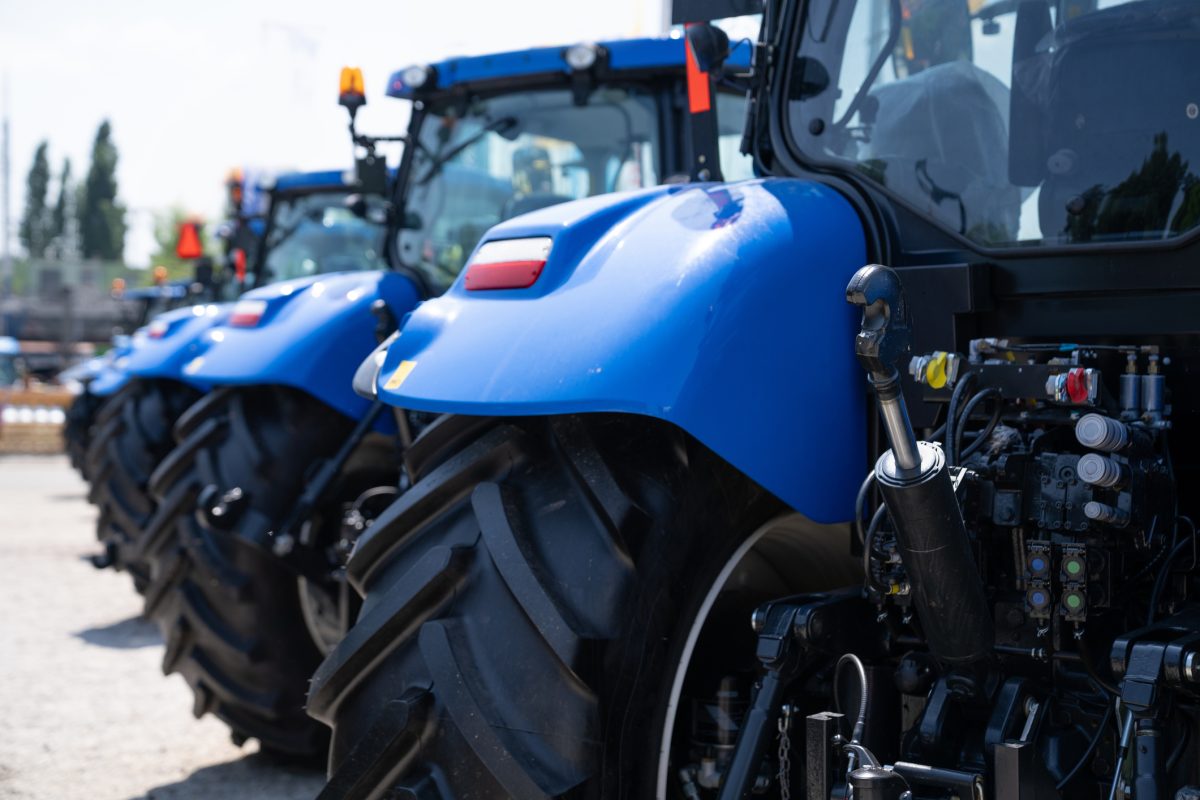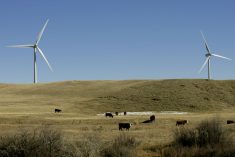Provinces and territories can apply starting April 1 for chunks of a three-year, $25 million federal fund to support programs that encourage on-farm adoption of precision ag tools or use of renewables from ag waste.
Federal Agriculture Minister Lawrence MacAulay on Monday launched the fund, to flow through what’s dubbed the Agricultural Clean Technology (ACT) Program.
ACT, which is to be available until all its funding is allocated or the end of March 2021 at the latest, is meant to support “research, development and adoption of clean technologies through investments in, and promotion of precision agriculture and agri-based bioproducts.”
Read Also

Association of Equipment Manufacturers sets up lobby in Ottawa
The Association of Equipment Manufacturers, an organization representing North America’s agriculture and construction equipment makers, is setting up an office in Ottawa.
Eligible technologies, the government said, “will help to reduce greenhouse gas emissions, generate a wide range of positive impacts, and promote sustainable and clean growth.”
ACT support will be offered in “non-repayable” contributions from Agriculture and Agri-Food Canada for projects delivered by provincial and territorial governments.
An ACT program guide will be available for applicants “in the coming weeks,” the government said.
The government in its release defined precision agriculture as “a farming practice that uses data gathering technologies to guide targeted farm management actions that improve the sustainability, efficiency and productivity of agricultural operations.”
Bioproducts, in the same release, were defined as “renewable products from agricultural waste and outputs.”
AAFC, in its release, cited Statistics Canada as estimating the clean tech sector covers over a quarter of a million jobs in Canada, with an average salary of over $90,000.
ACT, MacAulay said, “will contribute to Canada’s place as a world leader in agricultural clean technology, helping farmers to develop new and efficient uses of energy, while also protecting our environmental resources and mitigating climate change.”
MacAulay and Ontario MP Francis Drouin announced the program Monday at Terryland Farms, a dairy operation at St-Eugene in eastern Ontario.
Terryland, which since 2006 has used a biodigester to generate electricity and heat, is billed as the first farm in the province to sell power generated from ag waste back to the provincial grid.
The farm, Drouin said, “is a perfect example of what can be achieved with sustainable and clean technology practices.” — AGCanada.com Network
















